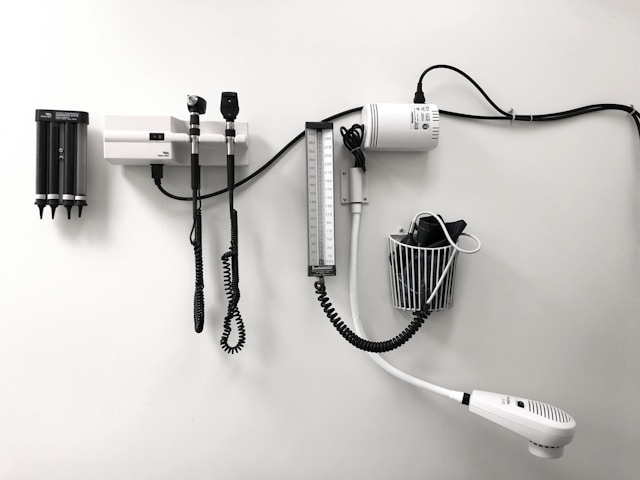Landing Your First Nurse Practitioner Job: Essential Tips for New Grads in 2025
Congratulations, you’re a nurse practitioner! You’ve made it through medical school, you’ve passed the NP Board certification, and you’ve got some clinical experience under your belt. You are a qualified and capable medical professional ready to heal others. Here’s more great news: the job outlook for nurse practitioners in 2025 is, literally, number one, with a 46% expected increase in work by 2033. All you’ve got to do is begin your search. Although it isn’t a cake walk to find your first job out of school, it’s a worthwhile endeavor, and of course, your main goal. Here’s a few things to keep in mind during your search.
Leverage Your Clinical Connections for Job Search Success
You know that saying: “It’s not what you know. It’s who you know?” This applies perfectly to finding your first job as a nurse practitioner. During your clinical experience, who did you get to meet? Did anyone help you or mentor you? Look at your connections during that time and try to network a little. Knowing someone who knows someone, or knows of a job opportunity can help move you along your search. It can even land you your first job. If you’re drawing a blank, try going to a conference and meeting others there, and make real connections with people. It may seem uncomfortable at first to advertise yourself, but this is your field, your interest, and your passion; make other medical professionals know that.
Craft a Standout Resume and Cover Letter to Impress Employers
In addition to your real-life personal connections, help make your paper-life shine as well. Making your cover letter and resume bright and glittery will help you stand out from the crowd and get you noticed. Nobody likes writing cover letters, but this is where you can do a deep dive on your resume. Explain why you worked at certain places and loved it. Tell your future employer how wonderful it is to work with infants, or the elderly, or collaborating with your colleagues. Have someone else take a look at your cover letter before sending it out and be critical about it. This is the first introduction the employer has to you; make it a good one.
Maximize Online Platforms Like LinkedIn to Boost Your Visibility
Getting yourself noticed in 2025 can be a difficult task, but not an impossible one. The internet is flooded with, well, everyone and everything. There is a way to make the internet work for you, however. If professional connection sites like LinkedIn feel archaic to you, think again. Not only can you find listings, but you can make your profile shine just like your cover letter. Let employers know you’re out there and looking for work. Go ahead and use search engines to find job listings, but also go directly to the places you know you want to work at. Want to be a part of a specific hospital? Visit their website directly for job openings. Be active in your search.
Embrace the Excitement of Starting Your NP Career
Finding your first job as a nurse practitioner can be a little tedious, but it can also be exciting. You’ve already made important decisions about what kind of work you’d like to do, and you’re about to embark on a career you’ve trained and studied so hard for. As a dedicated healthcare staffing firm, we’re here to help new NP graduates like you find the perfect job match that aligns with your skills, passions, and career goals. This is your time, and we’re ready to support you every step of the way!






















Recent Comments